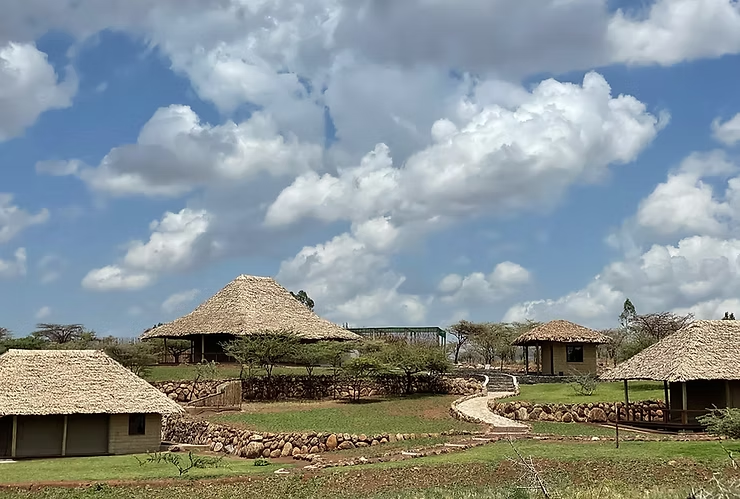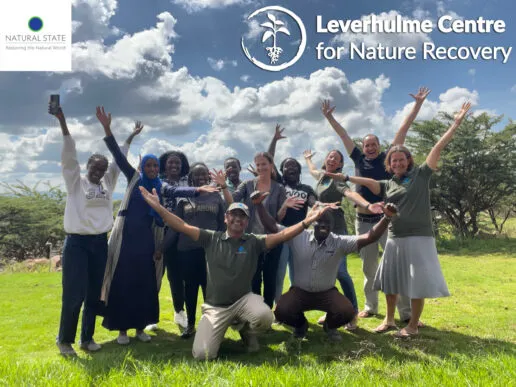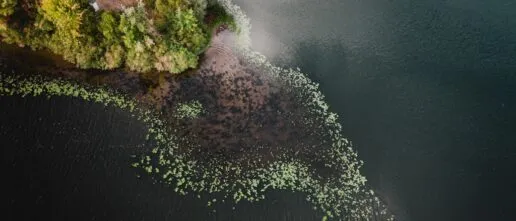Nature recovery is advancing globally and Natural State is ensuring that Africa is not left in the dust. Over the past two months, the University of Oxford has hosted Natural State’s Dr Lucy Smyth, to work with Dr Nikki Stevens, Oxford’s Trapnell Fellow in African Environments, to develop a novel way of recording and monitoring carbon and biodiversity data collected at Natural State’s nature recovery sites in Africa.
Lucy is a conservation scientist for Natural State, an organisation that is actively building the foundation for nature-based solutions in the Global South. The Natural State Research Centre lies at the base of Mt. Kenya in the Laikipia County and is surrounded by open grassland, shrubland, dense forest, and wetlands where diverse, natural populations of plants and animals thrive in this unique landscape. There are a range of land management methods being utilised in this landscape, including pastoral community conservancies, smallholder agriculture, community forest reserves, and private protected areas. Multiple organisations are currently testing innovative conservation and restoration initiatives in the region, providing an opportunity to monitor nature-based solutions in Africa. The Natural State Research Centre has the most advanced carbon lab in Northern Kenya which allows its team to advance conservation and restoration approaches in the region.

Natural State Research Centre at the base of Mt Kenya in the Laikipia County. Photo credit: Natural State
This is where Lucy and Nikki first met. Lucy had recently joined Natural State as a conservation scientist, to help develop robust and scalable ways of monitoring change in biodiversity, so that restoration projects with positive outcomes can be recognised. Nikki was visiting the research centre to advise on the setup of Natural State’s long-term carbon and biodiversity monitoring plots. Given Nikki’s vast experience as a savanna ecologist and her role as a Trapnell Fellow in African Environments at Oxford, she provided a unique link between Natural State’s work on monitoring change in savanna systems and the Leverhulme Centre for Nature Recovery’s work globally. Through this connection Natural State has become a case study for us, and to help increase collaboration between the two groups Lucy worked from Oxford for two months.
While visiting the University of Oxford, Lucy and Nikki have been developing data streams to allow field data on carbon and biodiversity to flow seamlessly through a series of checks and balances and be displayed on Natural State’s Impact Monitoring dashboard. These data pipelines are unique because they ensure data provenance, allowing changes in carbon or biodiversity to be used to inform financial mechanisms for nature. In addition to developing these data pipelines, Lucy and Nikki have been brainstorming exciting ideas about how biodiversity can be monitored and valued, particularly in the context of savanna systems where too often carbon is optimised to the detriment of biodiversity. While virtual meetings offer great opportunities for international collaboration, the face-to-face time that Lucy and Nikki have had has greatly developed their research and will be instrumental to Natural State’s ongoing biodiversity and carbon monitoring.


